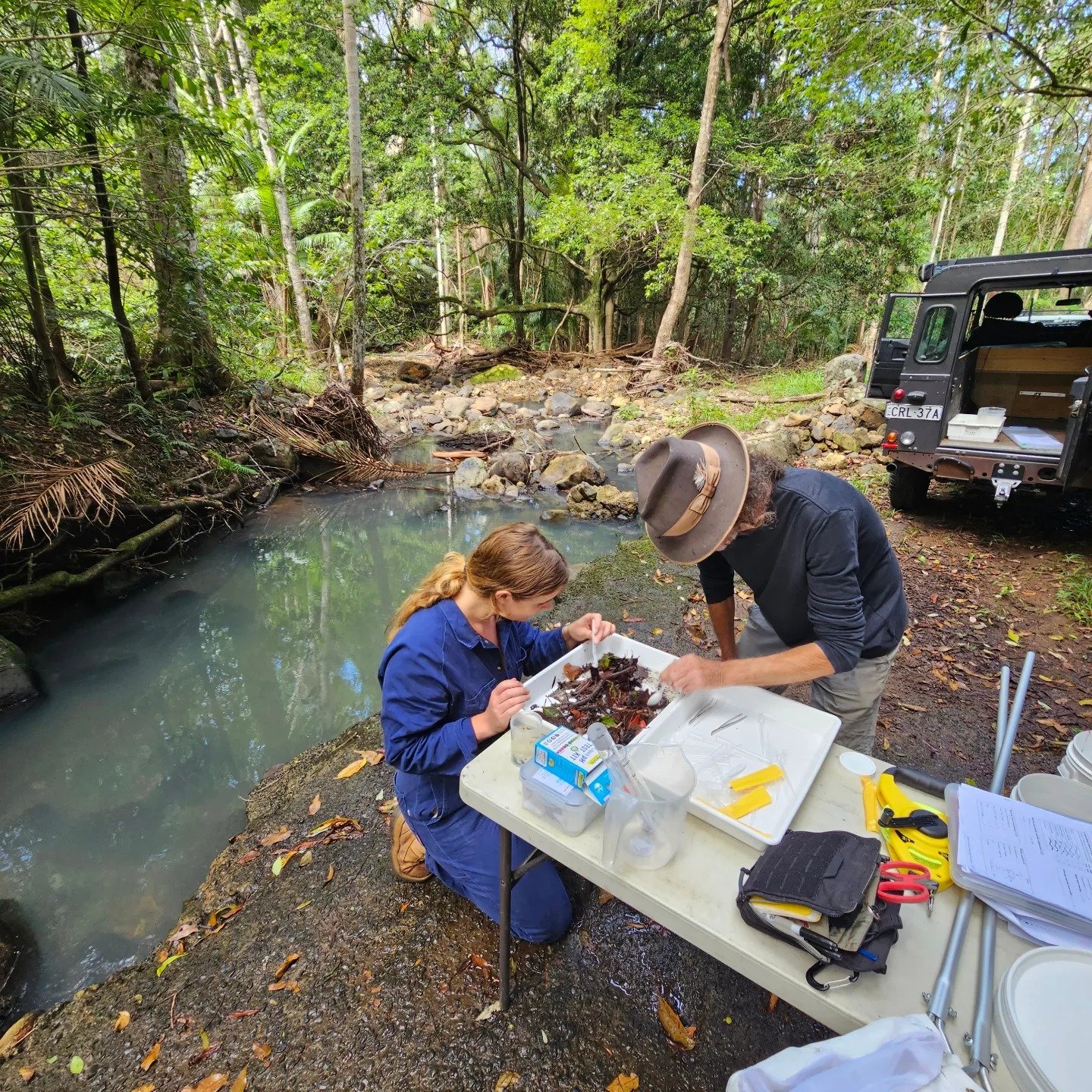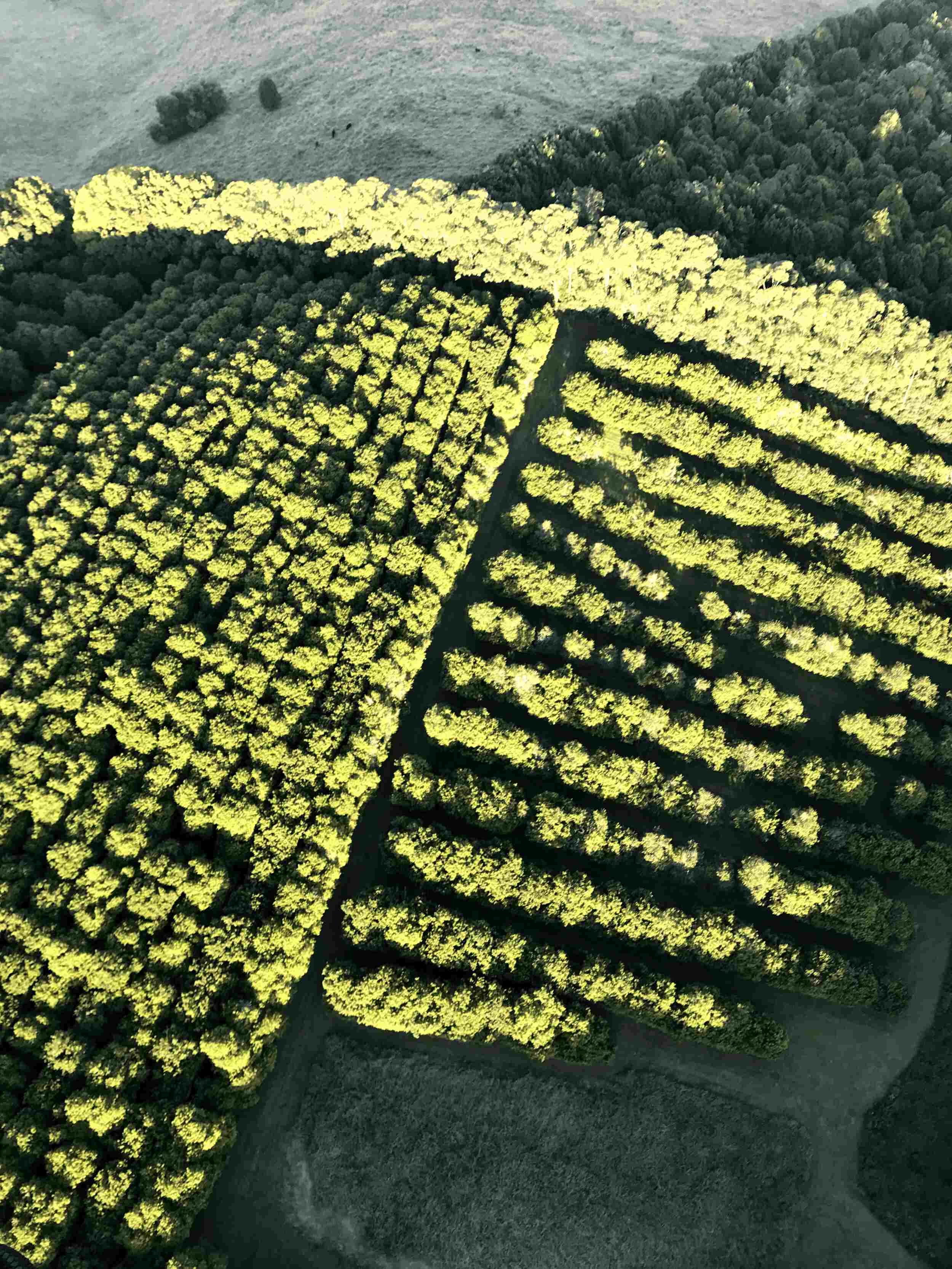
Catchment Health
Report Card
The Richmond River Ecological Health Program (RREHP) aims to provide ongoing riparian and ecological river health information for the Richmond River and its waterways. The program is being delivered by the Richmond Riverkeeper in partnership with River Ecology Australia.
The recurring C- grade in the second RREHP report card echoes the challenges identified in the initial assessment, reflecting persistent issues in the catchment's ecological river health.
Examining the type and number of macroinvertebrates (water bugs) collected by citizen scientists can tell us a lot about how healthy or unhealthy a river is because different macroinvertebrates have varying sensitivity to pollution.
Some macroinvertebrates will survive pretty much anywhere others require the most pristine waters. Monitoring macroinvertebrates over time can help assess the effectiveness of restoration efforts. Improvement in macroinvertebrate diversity and abundance indicates positive changes in water quality and river habitat conditions. This feedback helps guide future restoration actions and adaptive management strategies.
The repeated C- grade in the third RREHP report card reiterates the challenges identified in the first two assessments (autumn and spring 2023), reflecting persistent issues in the catchment's ecological river health. Lower catchment sites continue to show reduced water quality and low macroinvertebrate diversity, while upper catchment areas with relatively better water quality exhibit low diversity, indicating widespread compromised aquatic habitat. Ongoing impacts from the flood event in February 2022, leading to landslides and a legacy sediment load, poses ongoing risks to aquatic health and exacerbates the ecological challenges faced by the Richmond River catchment.
Across the catchment our citizen scientists continued to see poor bank condition (e.g., bank slumping, exposed tree roots and undercutting), and poor bed condition (active erosion and smothering of the bed substrate by high loads of fine sediment). This is reflected in the lower-than-expected macroinvertebrate grades, especially in the Upper Richmond and Wilsons catchments, which indicates that the upper catchments are suffering from impacted aquatic habitat. Reduced riparian vegetation increases the risk of sediment entering our water ways. High levels of sedimentation can smother aquatic habitats and reduce the availability of food resources for macroinvertebrates. This can lead to a decline in the number and type of macroinvertebrates in areas impacted by sedimentation.
The number (abundance) and richness of macroinvertebrates collected in the round of sampling were lower than similar samples in Autumn 2023. More water flowing in the streams before and during the sampling undertaken in Autumn 2024 compares to the other sampling that has been undertaken. During periods of heavy rainfall and high-water flows, macroinvertebrates can be dislodged and displaced from their habitats. The rainfall in the days before and during conducting a biological assessment can temporarily disrupt the natural balance in stream ecosystems and may affect the accuracy and interpretation of data collected on macroinvertebrates and river health.
The third RREHP report card reflects persistent issues in the catchment's ecological river health.
Thank you for the support
The Richmond River Ecological Health Program was seeded through a grant from Southern Cross University. The 2024 Pilot Program is being delivered through the NSW Environment Protection Authority’s Flood Recovery Program for Water Quality Monitoring, in partnership with the NSW Department of Climate Change, Energy, the Environment and Water, and supported by the Riparian Stabilisation Package. The Riparian Stabilisation Package is co-funded by the Australian and NSW Governments under Disaster Recovery Funding Arrangements.














